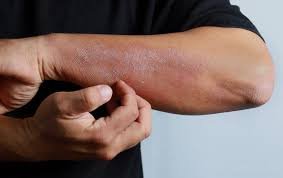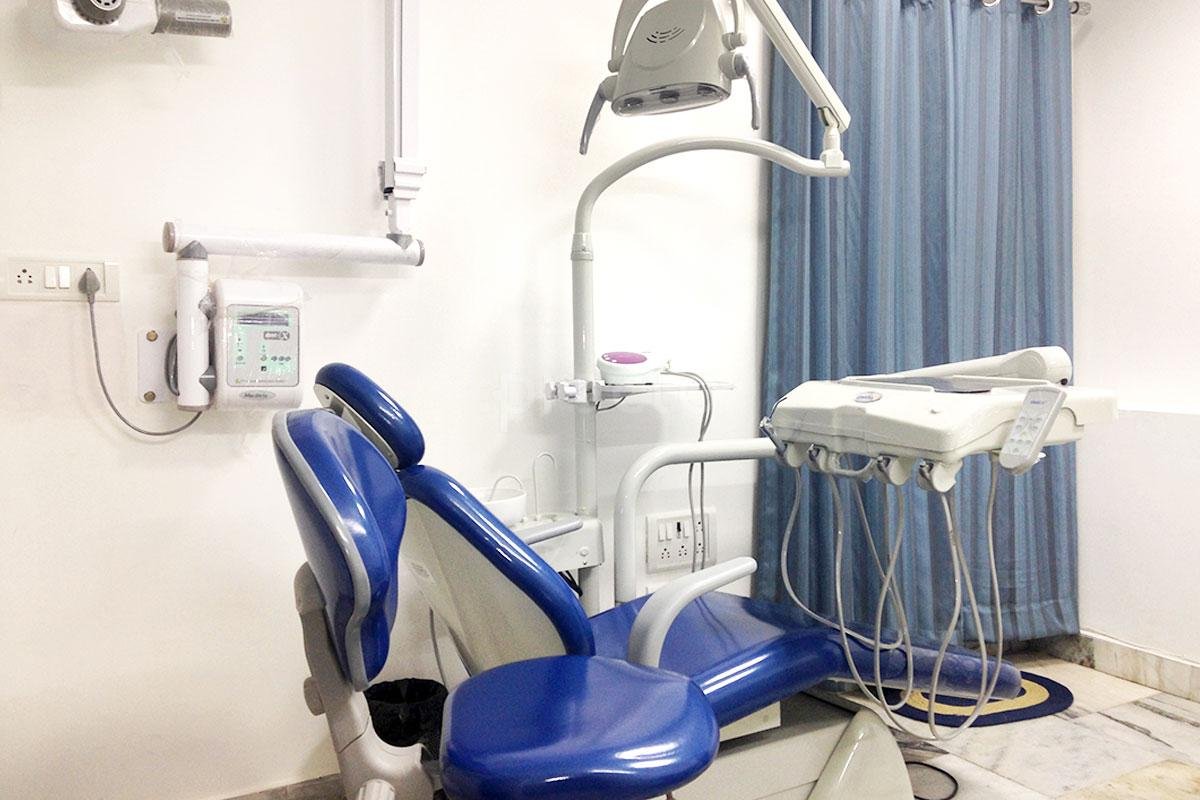Skin conditions can differ greatly in their symptoms and severity, but understanding how to manage them can have a profound impact on your quality of life. Drawing on insights from a dermatologist, this guide explores some of the most common skin conditions and offers expert-recommended treatments for each.
Acne: Causes and Treatment Options
Acne is one of the most common skin conditions, impacting millions across the globe. Its causes are diverse, ranging from genetics and hormonal fluctuations to diet, stress, and the use of unsuitable skincare products.
Effective Treatments for Acne
Treatment options for acne can vary depending on its severity. Mild acne may respond well to topical treatments such as benzoyl peroxide or salicylic acid, which help to reduce oil and dead skin cells that clog pores. For more severe cases, a dermatologist in Murray might recommend prescription medications, including retinoids or antibiotics. Laser therapy and chemical peels are other effective treatments offered by dermatologists for persistent acne.
Eczema: Understanding the Itch
Eczema, also known as atopic dermatitis, is a skin condition marked by redness, itching, and inflammation. While its exact cause remains unclear, experts believe it results from a mix of genetic predisposition and environmental triggers.
Managing Eczema
Effectively managing eczema starts with regular moisturizing to combat dryness and irritation. Over-the-counter creams and ointments containing steroids can help reduce inflammation and soothe itching. For more stubborn symptoms, a dermatologist may recommend stronger prescription topical steroids or systemic medications. Another option is phototherapy, a treatment that uses specific types of light to improve skin conditions.
Psoriasis: More Than Just a Rash
Psoriasis is a chronic autoimmune disorder that accelerates the skin cell growth cycle, leading to thick, red, and scaly patches on the skin. Beyond its physical symptoms, this condition can significantly affect an individual’s emotional well-being, making it both a medical and mental health challenge.
Treatment Strategies for Psoriasis
Psoriasis treatment focuses on slowing rapid skin cell growth and reducing inflammation. For mild cases, topical treatments like corticosteroids or vitamin D analogs are often prescribed. In more moderate to severe cases, dermatologists may recommend systemic therapies such as methotrexate, cyclosporine, or biologic medications. Light therapy also serves as an effective alternative for many patients, offering another path to relief.
Rosacea: Dealing with Facial Redness
Rosacea is a chronic skin condition characterized by facial redness and visible blood vessels. It can also cause small, red, pus-filled bumps to appear. These symptoms often flare up for weeks or months before subsiding temporarily.
Controlling Rosacea Symptoms
Although there is no cure for rosacea, its symptoms can be effectively managed through medical treatments and lifestyle adjustments. Dermatologists often recommend topical therapies to minimize redness and inflammation, while more severe cases may require oral antibiotics or isotretinoin. Patients are also encouraged to identify and avoid personal triggers—such as specific foods, alcohol, or extreme temperatures—that may provoke flare-ups. With the right approach, managing rosacea can become more straightforward and less disruptive.
Skin Cancer: Early Detection and Prevention
Skin cancer is the most prevalent cancer in the United States, but early detection significantly increases the chances of successful treatment. Scheduling regular skin exams with a qualified dermatologist is essential for identifying it in its early stages.
Preventative Measures and Treatments
To protect your skin, make sunscreen a daily habit, wear protective clothing, and limit exposure during peak sun hours. If skin cancer is diagnosed, treatment options vary based on the type and stage and may include surgery, radiation therapy, or chemotherapy. Regular check-ups with a dermatologist are crucial to detect any changes that could indicate a recurrence.
Conclusion
Recognizing common skin conditions and their treatments is key to seeking timely and effective care. From managing occasional acne to addressing chronic issues like psoriasis, consulting a knowledgeable dermatologist is the most reliable way to alleviate symptoms and enhance your skin’s health.











